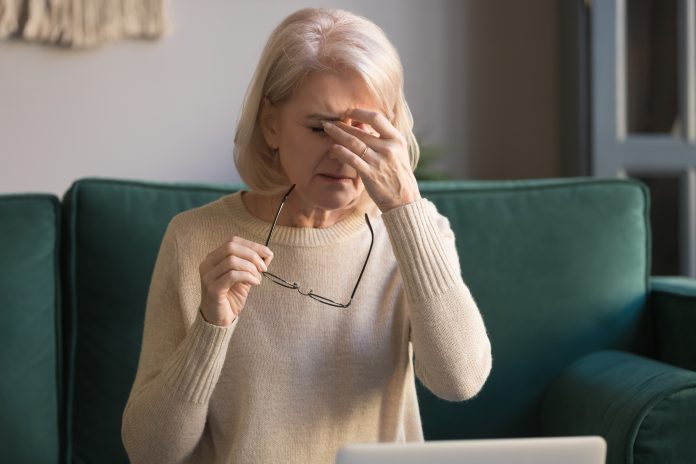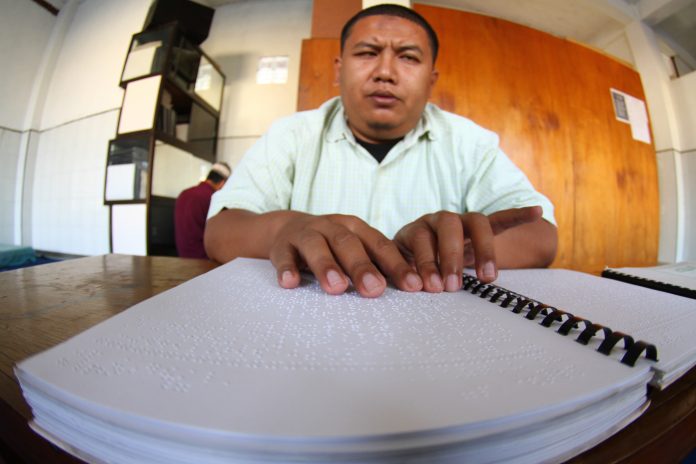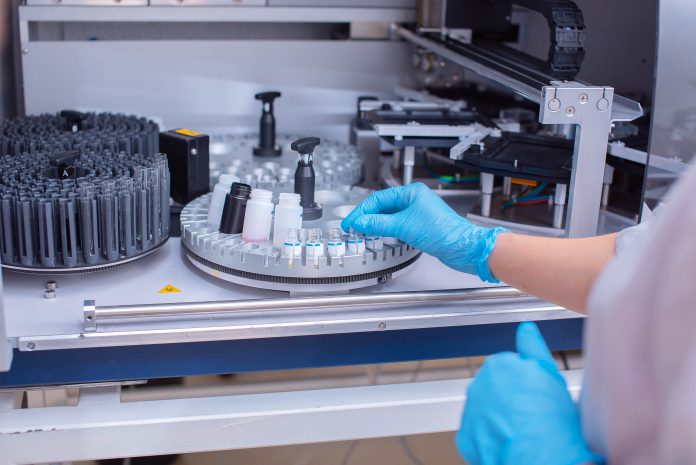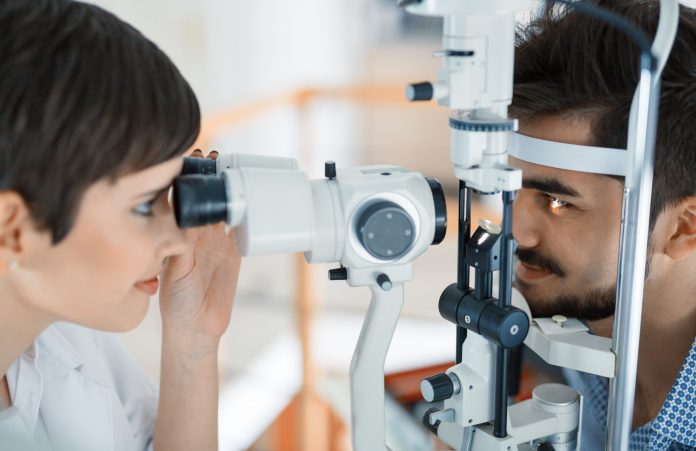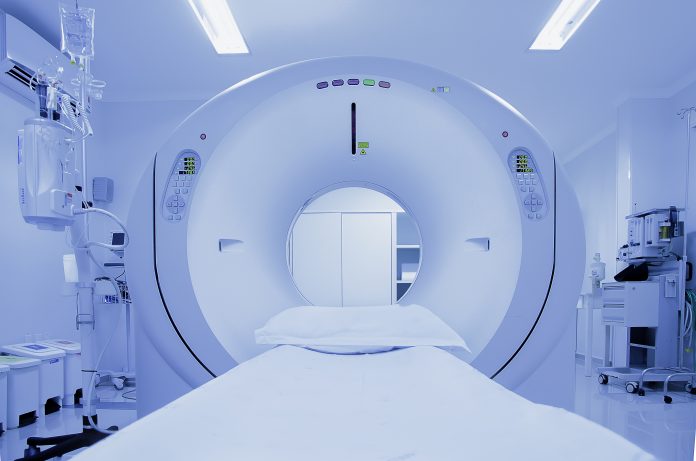Open Access Government produces compelling and informative news, publications, eBooks, and academic research articles for the public and private sector looking at health, diseases & conditions, workplace, research & innovation, digital transformation, government policy, environment, agriculture, energy, transport and more.
Home Search
gene therapy - search results
If you're not happy with the results, please do another search
CBG: The mother of all Cannabinoids with broad antibacterial activity
Dr. Christian Löfke, researcher and product developer at BioBloom in Austria explains CBG (cannabigerol), a “new” cannabinoid with vast potential in cannabis research.
How to alleviate back, neck and shoulder pain in 10 simple steps
In aid of Back Care Awareness Week (5th-9th October), Feel Good Contacts has collaborated with Personal Trainer, Badrul Islam to offer advice on how to alleviate neck, shoulder and back pain (aka posture pandemic) caused by working from home.
The Search for Dark Matter
Director of the Helsinki Institute of Physics (HIP) Professor Katri Huitu, and the HIP Theory Programme Director, academy professor Kari Rummukainen, discuss the search for dark matter.
Antimicrobial resistance: The next big pandemic?
Josep Figueras and Anna Sagan from the European Observatory on Health Systems and Policies focus here on antimicrobial resistance and ponder whether or not this could be the next big pandemic.
Innovative treatments for heart failure
Prof Dr Joost Sluijter, Professor, Cellular and Translational Cardiology at University Medical Center Utrecht shares an in-depth perspective on the needs for innovative treatments for heart failure.
Calcium supplements for menopausal women
Dr Deborah Lee, Dr Fox Online Pharmacy, explores the issue of calcium supplementation and shares her own personal experience after recently suffering her first osteoporotic fracture.
Reducing the burden of diabetes management through flexible and discreet insulin delivery
Alex Evans, UK Country Manager for ViCentra B.V., discusses how insulin pump system Kaleido can provide solutions to reduce the practical and emotional burden of living with diabetes.
Can CBD restore your hormonal imbalance?
Lorraine Clark, Director of hapihemp, explores whether CBD oil can be used to restore hormonal imbalances.
Dry Eye Syndrome: Getting through the working day when you’re menopausal
Mamta Trivedi, MCOptom DipTP(IP), a Specialist optometrist and advisor to Feel Good Contacts, shares tips on how to get through the working day when you’re menopausal and suffering from dry eye syndrome.
Rising trend in younger women seeking help for stress incontinence
Khatra Paterson owner of KP Aesthetics, discusses the rising trend in women starting to open up more about stress incontinence and the science and benefits behind the increasingly popular Forma V.
Can lavender aid those who struggle with insomnia?
Dr Deborah Lee, Dr Fox Online Pharmacy, explores how aromatherapy is fast emerging as a form of alternative medicine for many health conditions, including insomnia.
Video-calling tips for social anxiety sufferers
Steve Dell, Anxiety and hypnotherapy expert, advises what social anxiety sufferers can do to make video-calling easier.
Chronic pain diseases and medical cannabis
Janosch Kratz discusses the importance of medical cannabis for chronic pain diseases.
Machine learning will help to grow artificial organs
Researchers in Moscow and America have discovered how to use machine learning to grow artificial organs, especially to tackle blindness.
Empowering women through access to disability sport
Anita Choudhrie, Founder of Path to Success, explores how we can empower female athletes through access to disability sport in uncertain times.
How are different types of medical cannabis working for different diseases?
Dr David Moorhouse, General Neurologist, discusses the way that different diseases respond to different types of medical cannabis.
Health research in Africa: Infectious diseases of humans and animals
Gerald Misinzo and Mark Rweyemamu from SACIDS Foundation for One Health provide a detailed look at one health research by the Africa centres of excellence for infectious diseases of humans and animals.
Reduce child online victimisation: What effective prevention programs have in common
Teaching children to foster safe and healthy relationships in social media environments is explored here by Marsali Hancock from the EP3 Foundation.
How can biomaterials-based technologies treat vision disorders?
Professor Heather Sheardown, leader of Innovation Hub C20/20, discusses their research, innovation, and development of new biomaterials-based technologies to treat a variety of disorders in the eye.
Oncology: Imaging biomarkers and the Alberta Radiopharmaceutical Collaboration
Dr Frank Wuest, Professor at Department of Oncology - University of Alberta, sheds light on the imaging biomarkers and the Alberta Radiopharmaceutical Collaboration in this special oncology focus.









